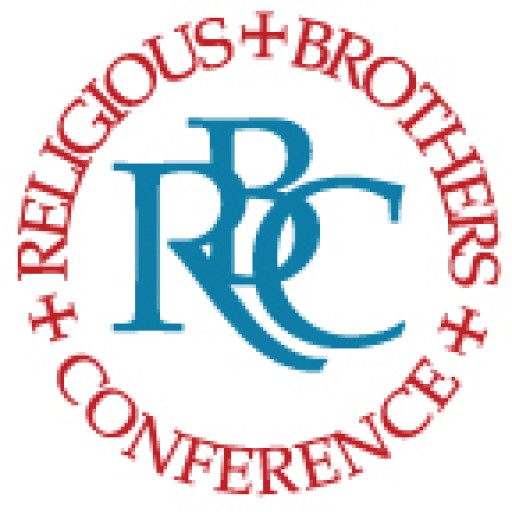For one thing there are many different kinds of Brothers. There are Brothers who are monks and Brothers who are teachers and Brothers who work in medicine and Brothers who paint, garden, or build houses for the poor. Sometimes seminarians call themselves “brothers” until they become ordained but this is not what we mean when we talk about religious Brothers. What we are talking about are what are technically referred to as “lay religious” men. In other words we are talking about men who take vows of poverty, celibate chastity, and obedience and who live in a community but who are neither ordained ministers nor those studying to be ordained ministers. Many people in the Catholic church aren’t aware that a man can be called to a vowed life of prayer, community, and ministry and not be a priest. Because of the hierarchical structure of the church and the highly visible role of sacramental ministry, all vocations for men tend to be thought of in comparison or relation to the priesthood. In fact, the vocation of the religious Brother is an ancient expression of vowed life that originated independently of the priesthood and as such is unrelated to ordained ministry.
The lack of understanding of the religious Brother’s vocation is complicated by the fact that Brothers have often remained a relatively invisible group within the Church and even in their own communities. The reasons for this hiddenness are many: social structures, theology, politics, and even economics have all played a part. Brothers who belong to apostolic communities have often been separated from the laity by the nature of their ministry or work. For example, Brothers who have been teachers, nurses, or missionaries have been involved in activities which are often separate from parish life. In so-called “mixed communities” which are comprised of religious priests, seminarians, and Brothers, it was once common for the Brothers to manage the domestic, agricultural, or technical affairs of the community. In this regard, Brothers had much less contact with the laity and their contributions to their communities and the Church often took place behind the scenes. But the most significant reason Brothers have been overlooked by the Church in general is because of their separateness from two of its most visible features: the hierarchical structure and sacramental ministry.
Because of this, awareness of the Brother vocation has almost been entirely eclipsed by the most well-known men in the Catholic Church, its ordained ministers. Another factor which may contribute to confusion about what it means to be a Brother is the tradition of diversity among Brothers themselves. Over the centuries, Brothers have continually adapted to the needs of the Church and the times in which they have lived. As a result Brothers have lived their vocation through a variety of routines and ministerial opportunities. Brothers live in different kinds of communities and engage in a wide range of services and ministries. Brothers have different prayer styles and charisms, varying degrees of social interaction, and possess a broad range of skills, education, and interests. Some Brothers wear habits and others dress casually or professionally. There are Brothers who work with their hands as craftsmen or tradesmen and others who work in spheres of art, medicine, social services, or academics. Many do both. Some Brothers belong to communities comprised of only Brothers; others share communities with religious priests and seminarians. All this diversity can be confusing because it makes it makes articulating a simple and universal definition of the Brother vocation difficult.
In comparison, priests and seminarians all have the benefit of a common function within the Catholic church: sacramental ministry. Whether they work in a parish or in the Vatican, whether they are a hospital chaplain or a canon lawyer, all priests spend at least part of their time celebrating the sacraments. Ordained priesthood is in fact, defined by the authority to participate in sacramental ministry. Because we tend to identify people by what they do rather than who they are, a priest is identified by the sacramental ministry that he performs. In other words, everyone knows what a priest does therefore everyone knows what a priest is. Brothers have no such unifying function. Brothers do many things, but we do not, because of our vows or canonical status as Brothers, automatically or universally share any particular lifestyle, ministry, or work. Therefore, people tend to be at a loss to describe us. Brothers cannot be easily defined by what we do; rather, we must be defined by who we are.
Our identity as Brothers emanates from 1. a vocation to consecrated life 2. Our public profession of the vows of poverty, celibate chastity, and obedience, and 3. Our call to community life that begins with our religious confreres but which ultimately includes the entirety of the human family. We hope the rest of this website will offer some insight into what it means to be a religious Brother in the Church today. God bless!
